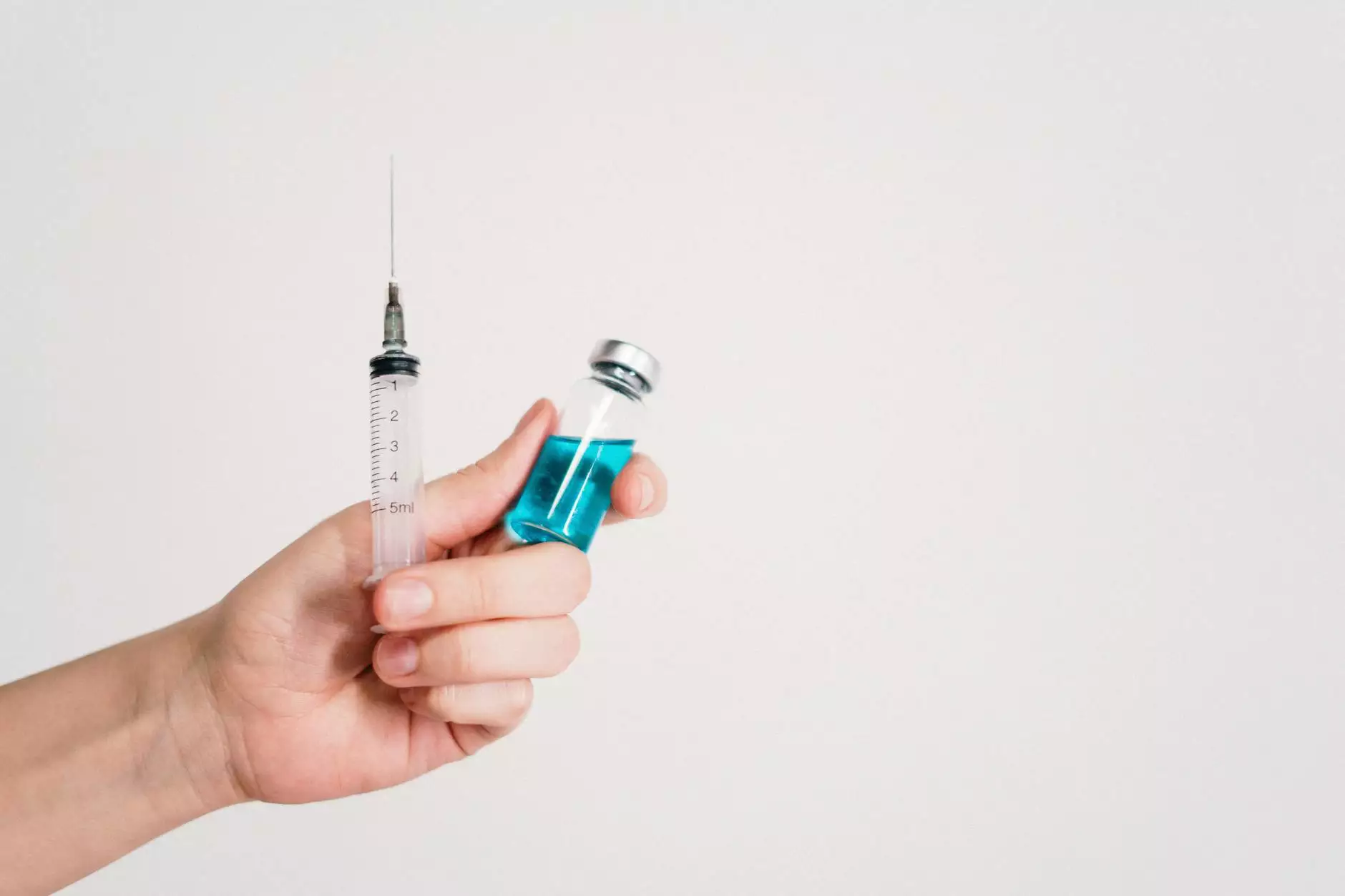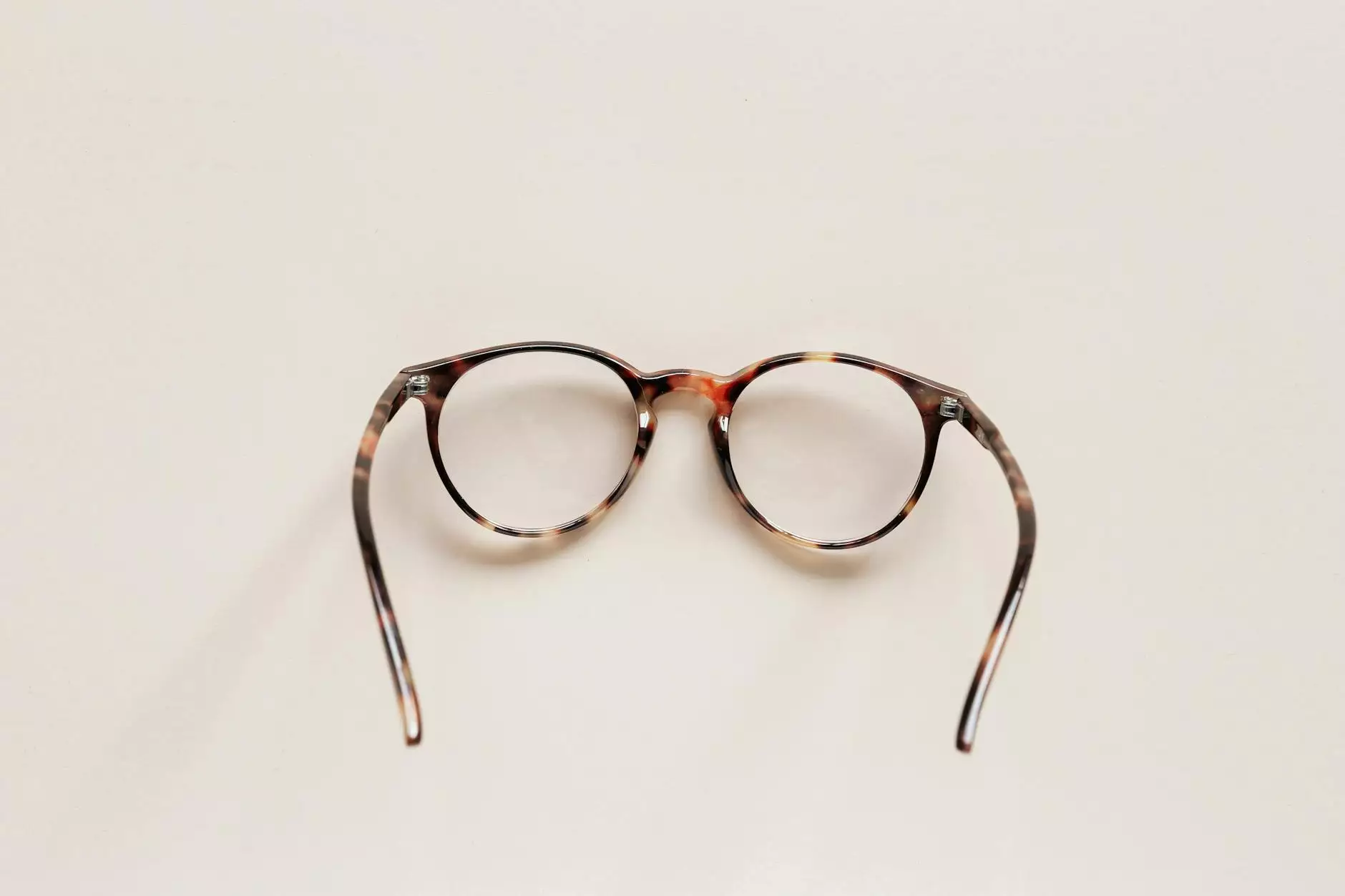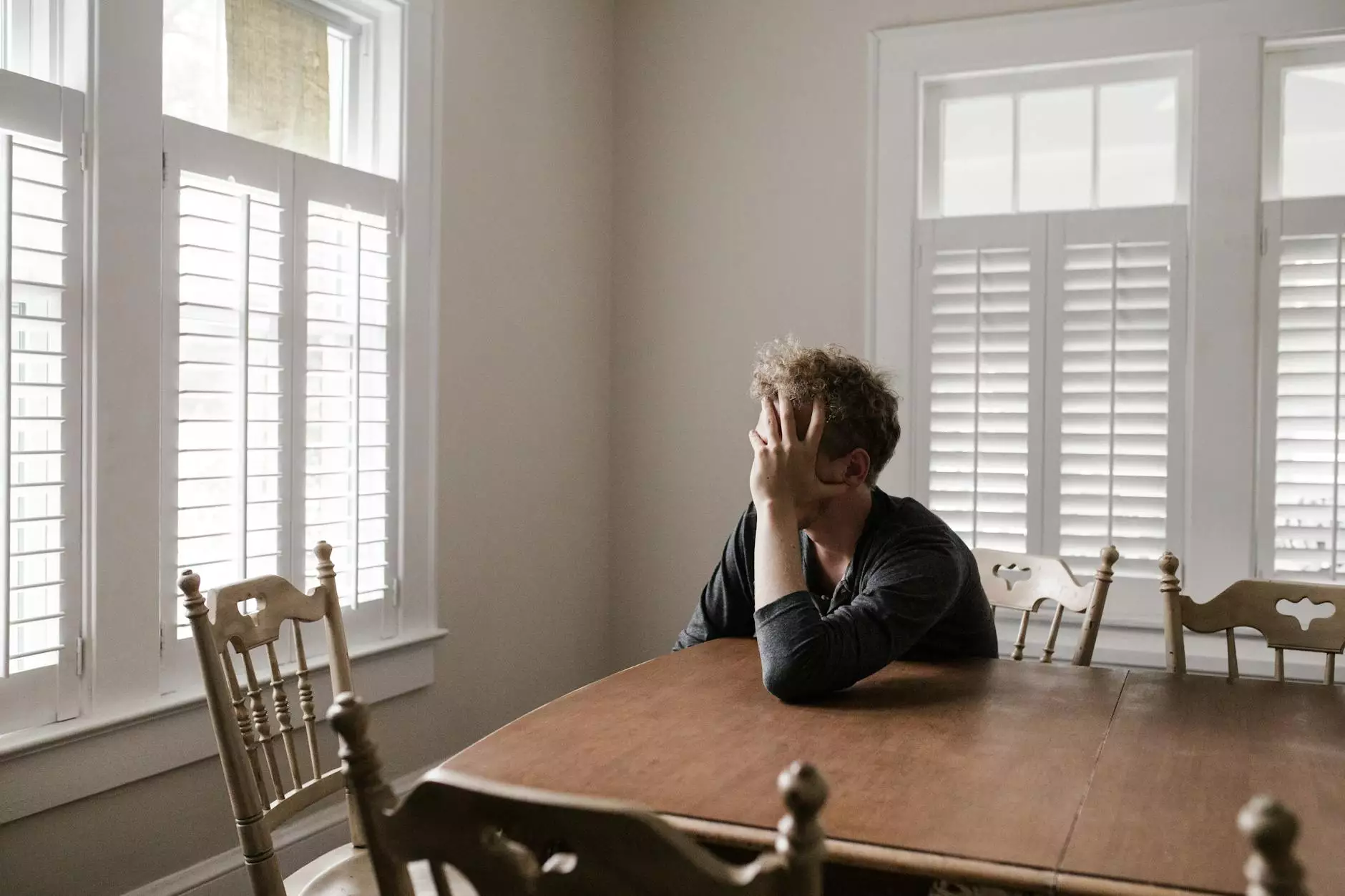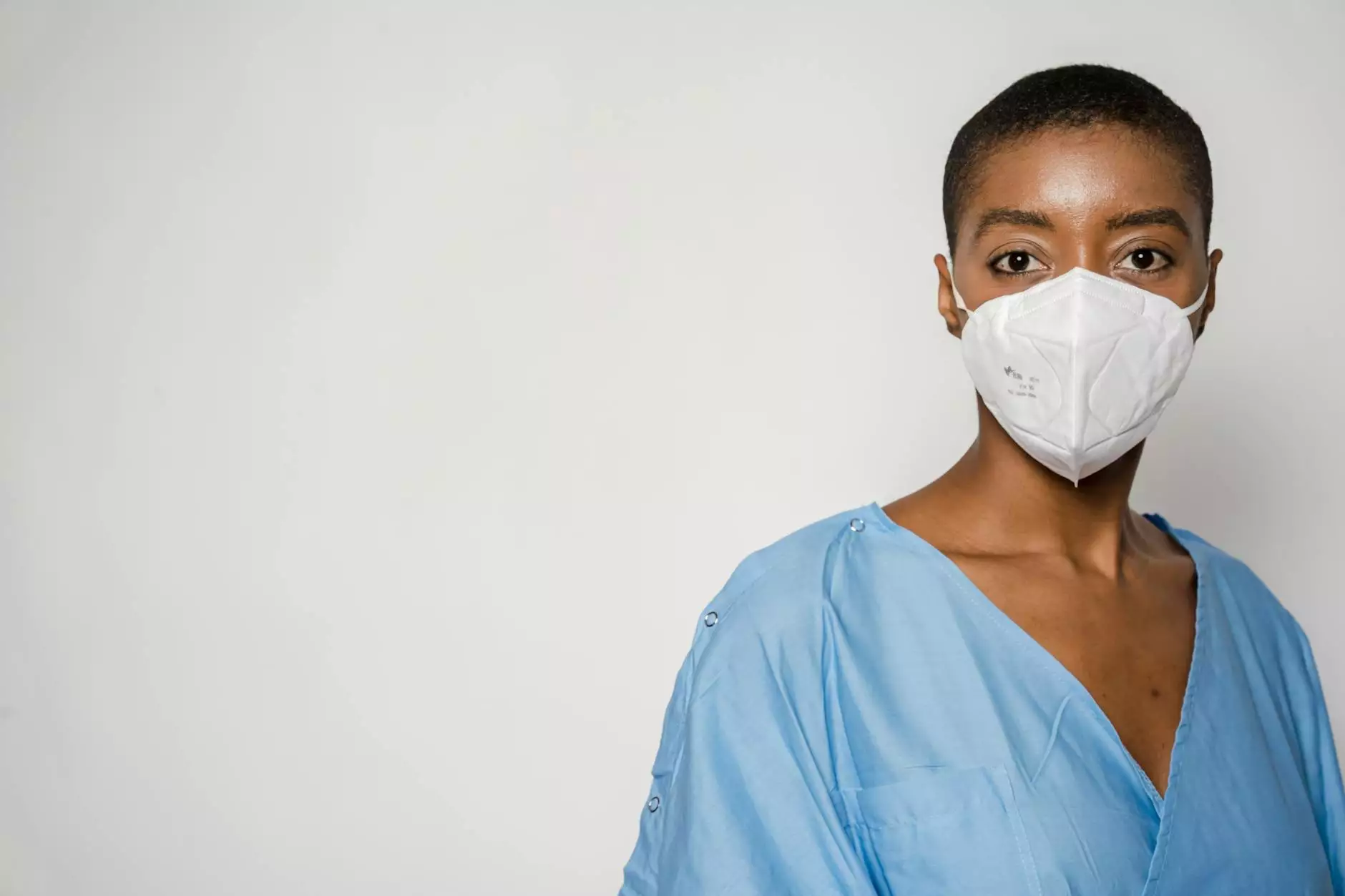Pressure Sores: Causes, Symptoms, Prevention, and Treatment
125 Years
Introduction
Pressure sores, also known as pressure ulcers or bedsores, are a common condition that can affect individuals who are confined to a bed or chair for extended periods of time. These sores develop due to continuous pressure on certain areas of the body, which can lead to tissue damage and open wounds.
Causes of Pressure Sores
Pressure sores can be caused by a combination of factors, including:
- Prolonged pressure on specific areas of the body, such as the heels, hips, elbows, and lower back
- Friction or shear forces on the skin
- Moisture or excessive sweating
- Malnutrition or dehydration
- Decreased blood flow to the skin
Symptoms of Pressure Sores
The symptoms of pressure sores may vary depending on the severity of the condition. Common symptoms include:
- Reddened or discolored skin
- Tenderness or pain in the affected area
- Swelling or inflammation
- Formation of blisters or open wounds
- Unpleasant odor
Prevention of Pressure Sores
Preventing pressure sores is crucial for individuals at risk. Here are some prevention tips:
- Regularly change positions to relieve pressure on vulnerable areas
- Use specialized mattresses or cushions to distribute pressure evenly
- Keep the skin clean and dry
- Maintain a healthy and balanced diet to promote skin health
- Stay well-hydrated
Treatment Options
The treatment of pressure sores depends on the severity of the condition. Mild cases can often be managed with non-invasive methods, while more severe cases may require medical intervention. Treatment options include:
- Wound care and dressing changes
- Antibiotics to prevent or treat infection
- Pain management
- Surgical intervention for advanced cases
Conclusion
Pressure sores are a significant concern for individuals who are immobile or have limited mobility. By understanding the causes, symptoms, prevention, and treatment options, patients and their caregivers can take necessary steps to manage and prevent the development of pressure sores.
At Foley James D MD, we prioritize patient education and provide comprehensive resources on pressure sores and other health conditions. For more information on pressure sores and to explore our patient education resources, please visit our patient education page.









